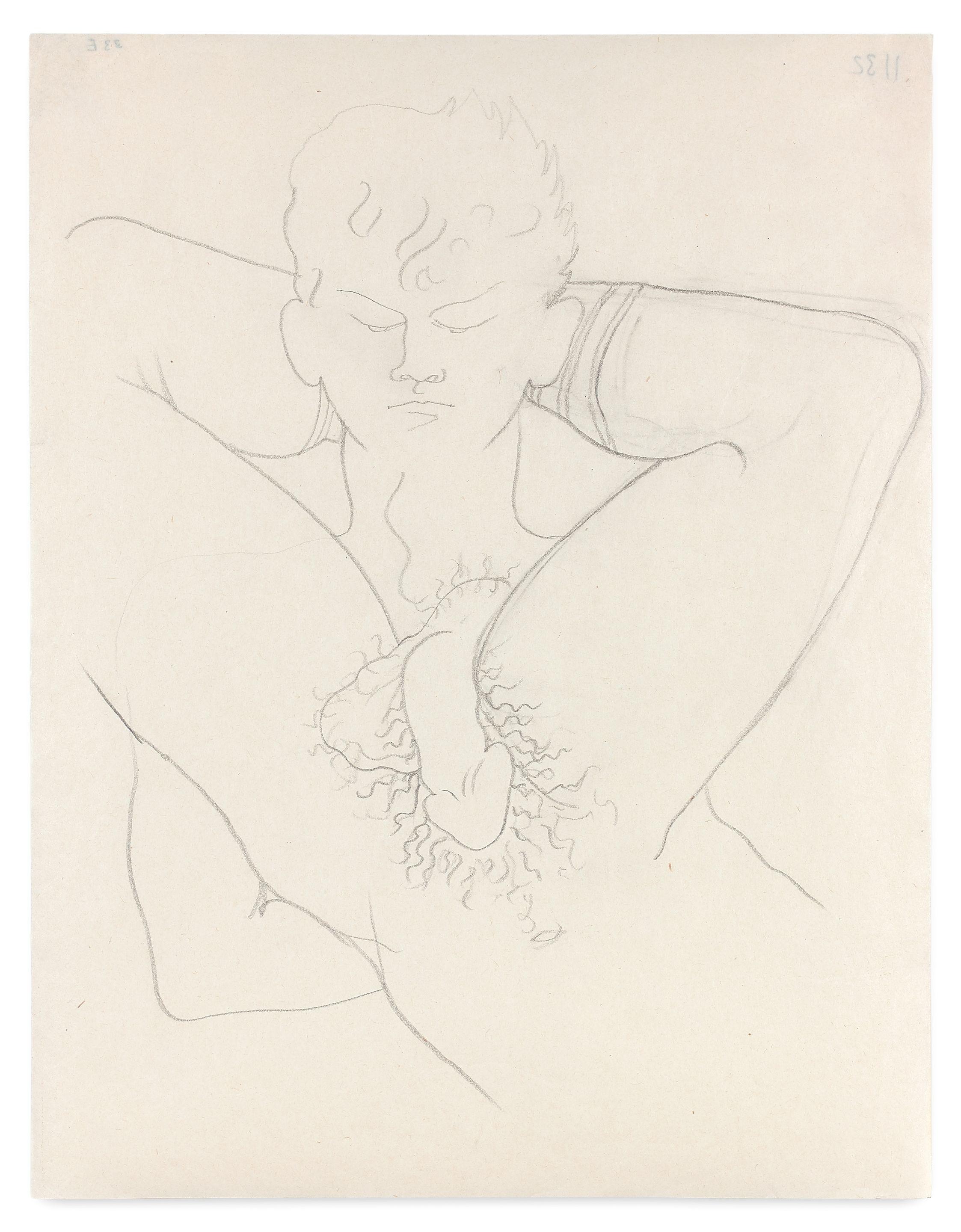


Wagging boners and dancing with themselves, a clutch of swarthy inmates daydream of release into pastoral idylls and softcore entanglements. A mediocre feat of experimental technique, it’s an unequivocal landmark in terms of gay representation. Like Anger’sįireworks (1947), Genet’s sole directorial effort is an onanistic fantasy derived from Cocteau. Christopher Miles’s adaptation of The Maids (1974) puts Glenda Jackson, Susannah York, and Vivien Merchant through their sadomasochistic paces to serviceable if undistinguished effect. Thus Tony Richardson’s Mademoiselle (1966), from a script by Genet and Marguerite Duras, is dutifully included-and memorably nuts, with Jeanne Moreau as a provincial weirdo who terrorizes her village out of misplaced lust for a lumberjack (Ettore Manni). Querelle (1982) is the heady highlight of BAMcinématek’s weeklong glance, “Jean Genet on Film.” This highly focused survey skips the opportunity to investigate Genet’s impact on cinema in favor of a more literal approach, emphasizing official credits over subterranean influence. Only one of them would fondly remember, “when I pulled out my cock it was covered in shit.” So says Nono (Günther Kaufmann) of buttsex with Querelle (Brad Davis), the sailor hero in Rainer Werner Fassbinder’s galvanic adaptation of Genet’s masterpiece. One believes in the transformative power of magic, the other in transcendental murder.

He is at ease in prison, in Palestine, arm in arm with Huey Newton. Genet is an artist of overload, rapture, baroque lyricism. His mind delineates contours, reconfigures archetypes. Cocteau is cultivated, equanimous, a dandy in the most accomplished sense. Still, the mental spunk of les deux Jeans differs in consistency. Todd Haynes and Gus Van Sant are equally indebted. Kenneth Anger synthesized both styles in the creation of his own. A revolutionary romantic, the poet of rough trade and rhapsodic annihilation, Genet incubates a transgressive, hallucinatory tradition: Pasolini, Fassbinder, João Pedro Rodrigues. Jean Genet, his compatriot in the pink pantheon, is the patron saint of outlaw aesthetics. You can feel his touch in the symbolist psychodramas of Gregory Markopoulos, the précieux theatrics of Derek Jarman, the animist enigmas of Apichatpong Weerasethakul. Jean Cocteau bequeathed a vibrant neoclassicism to generations of homo sophisticates. Queer cinema owes everything to a pair of dead French fags. Jeanne Moreau looks on as Brad Davis honors Genet in Fassbinder's Querelle photo: Triumph


 0 kommentar(er)
0 kommentar(er)
